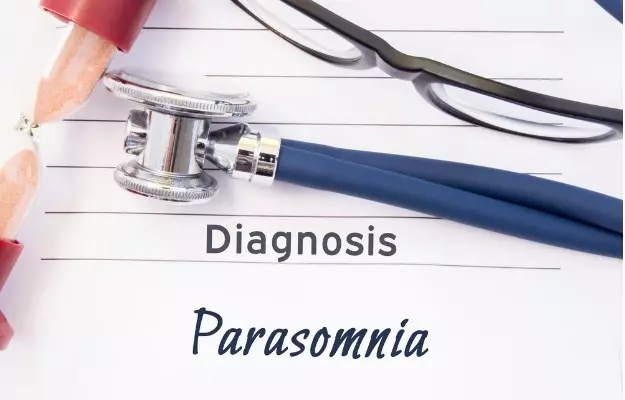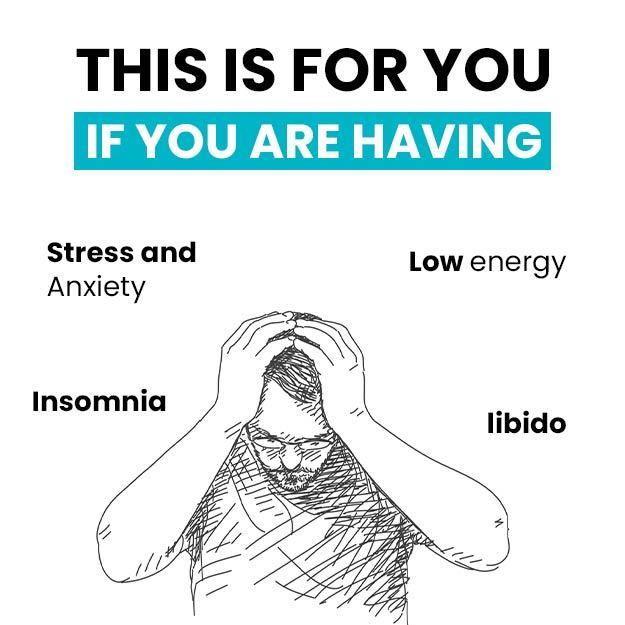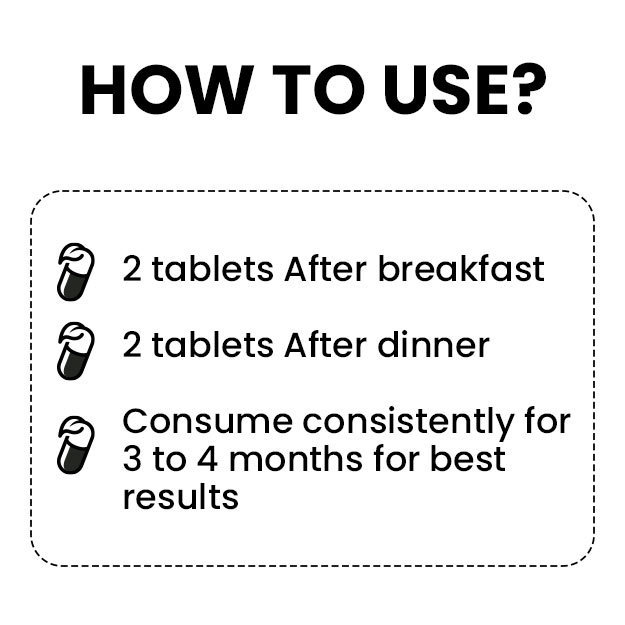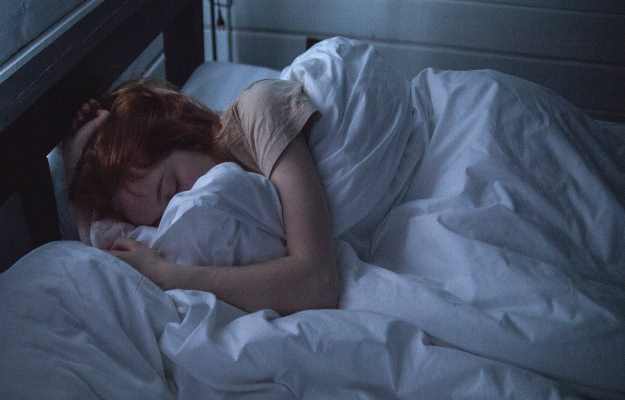A person may have to face many sleep-related problems. Insomnia and sleep apnea are common in this. Along with this, some people may also have to worry about parasomnia. Parasomnia is such a disorder, which includes many different types of sleep disorders. This can reduce the quality of sleep. This disorder usually affects children, but some adults may also show symptoms of parasomnia.
By clicking on the link given here, you will be able to know what is sleep disorder treatment.
Today, in this article, you will learn in detail about the symptoms, causes, and treatment of parasomnia -
(Read More - Acute Insomnia)
- What is Parasomnia?
- Parasomnia Symptoms
- Parasomnia Causes
- Types of Parasomnias
- Parasomnia Treatment
- Takeaway
What is Parasomnia?
Parasomnia is a sleep disorder. In this, the person starts behaving abnormally while sleeping. During sleep, a person can move around and talk. In this situation, people often think that the person is awake, whereas in reality he is sleeping, and the person does all these things during sleep. After waking up in the morning, these incidents are often not even remembered by the person. Parasomnia can occur during any stage of sleep. Let us tell you that along with children, parasomnia can also affect about 4 percent of adults. In children who have parasomnia, the symptoms of parasomnia can be seen less when they grow up.
(Read More - Sleep paralysis)
Parasomnia Symptoms
Abnormal behavior during sleep is a common symptom of parasomnia. Apart from this, the symptoms can also vary according to the type of parasomnia. These include -
- sleep talking
- sleepwalking
- wake up confused
- excessive daytime fatigue
- daytime sleepiness
- having difficulty sleeping at night
- scratches or cuts on the body (that you are not aware of)
(Read More - Ayurvedic medicine for Insomnia)
Parasomnia Causes
There can be many possible causes of parasomnia. Along with this, some things can also trigger the symptoms of parasomnia. These include -
- Stress, anxiety, and depression
- Genetic i.e. someone in the family already has parasomnia
- Irregular routines such as working night shifts
- Sleep apnea
- Neurological conditions, such as Parkinson's disease
- Sleep disorders, such as insomnia
- PTSD
- Restless Legs Syndrome (RLS)
- Periodic limb movement disorder
- Chronic pain
- lack of sleep
- Poor mental health
- Some medicines
- Consumption of alcohol or smoking
(Read More - Effects of improving sleep on mental health)
Types of Parasomnias
Parasomnia includes many types of sleep disorders. It is a disorder that disturbs sleep. This can happen at any stage of sleep. Types of parasomnias include -
Nightmares
If a person sees a bad dream, he may suddenly wake up from sleep. In this, it becomes very difficult for the person to sleep again. If a person has nightmares more than 1 time in a week, it can badly affect the quality of his sleep.
(Read More - Home remedies for deep sleep)
Night Terror
A night terror is also called sleep terror. This is also like a bad dream. Night terrors usually occur during deep sleep. In this, the person can suddenly wake up. Can feel scared and confused. Episodes of this type of parasomnia can last for about 15 minutes. After this, the person can sleep again. This type of parasomnia is common in children between the ages of 3 and 8.
(Read More - Why you wake up in the middle of the night)
Sleepwalking
Sleepwalking is also a type of parasomnia. This happens when the person is moving here and there. In this situation, the person may be awake, but in reality, he is sleeping. Sleepwalking can occur during the deep non-rapid eye movement phase of the night. This type of parasomnia is common in children between the ages of 5 and 12.
(Read More - Jet lag treatment)
Sleep Talking
Many people have the habit of mumbling in their sleep. This is also a type of parasomnia. This parasomnia is usually not dangerous. Apart from this, there are many types of parasomnias, which can disrupt sleep.
(Read More - Deep sleep Stages)
Parasomnia Treatment
Parasomnia is treated according to its type, episode, and severity. To reduce its symptoms, doctors can resort to some medicines and therapy -
Medicines
If a person gets frequent parasomnia, then in this situation the doctor can prescribe medicines. With the help of medicines, it can help in reducing the symptoms of parasomnia. Medicines to treat parasomnia -
- topiramate
- antidepressant
- dopamine
- agonist
- melatonin
- levodopa
- benzodiazepine
(Read More - Homeopathic medicine for Insomnia)
Cognitive Behavioral Therapy
Parasomnia can also be treated with the help of cognitive behavioral therapy. This therapy can help in reducing stress, anxiety, and depression. Stress and anxiety are associated with parasomnias. In such a situation, by taking this therapy, there can be a reduction in stress and parasomnia. Apart from this, with the help of talk therapy and hypnosis therapy, it can also help in relieving the symptoms associated with parasomnia.
(Read More - Sleep during pregnancy)
Takeaway
Parasomnia is a condition in which a person starts behaving abnormally during sleep. Because of this, sleep can be disrupted and the quality of sleep can be reduced. Let us tell you that in parasomnia a person can walk, talk or do any activity during sleep. In parasomnia, a person can also have bad dreams, which can frighten him. This disorder is very common in children, but its treatment is completely possible. Parasomnia can be treated with the help of some medicines and therapy.
(Read More - Sleep chart by age)
Doctors for Parasomnia - Symptoms, Causes, and Treatment

Dr. Hemant Kumar
Neurology
11 Years of Experience

Dr. Vinayak Jatale
Neurology
3 Years of Experience

Dr. Sameer Arora
Neurology
10 Years of Experience





















